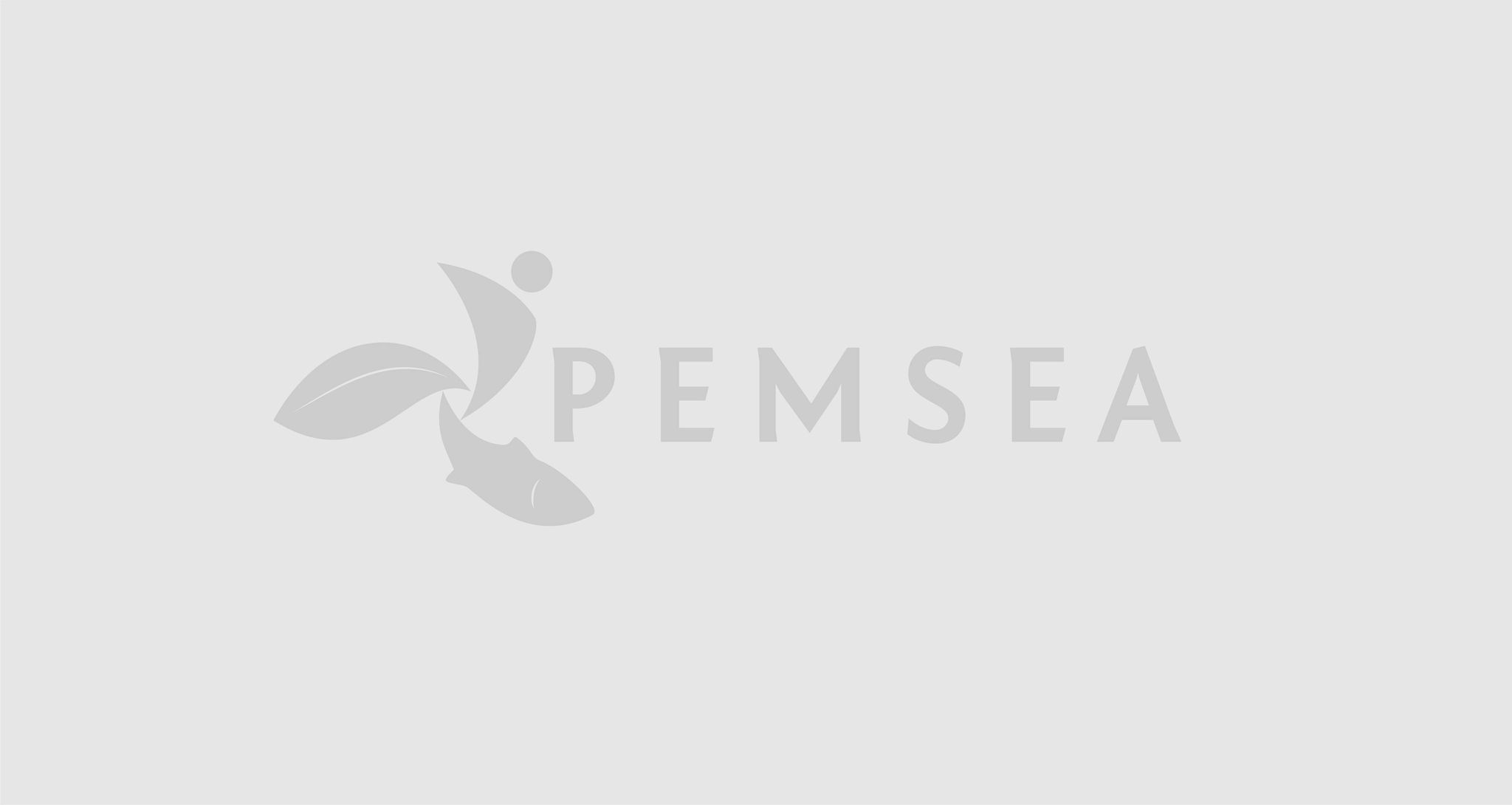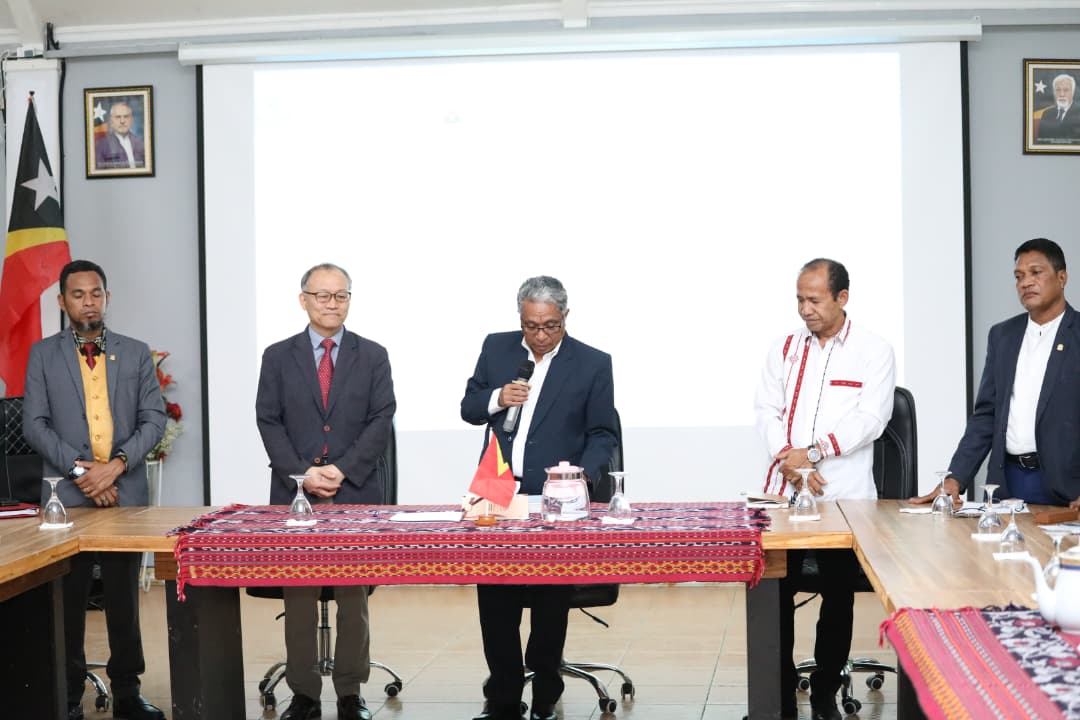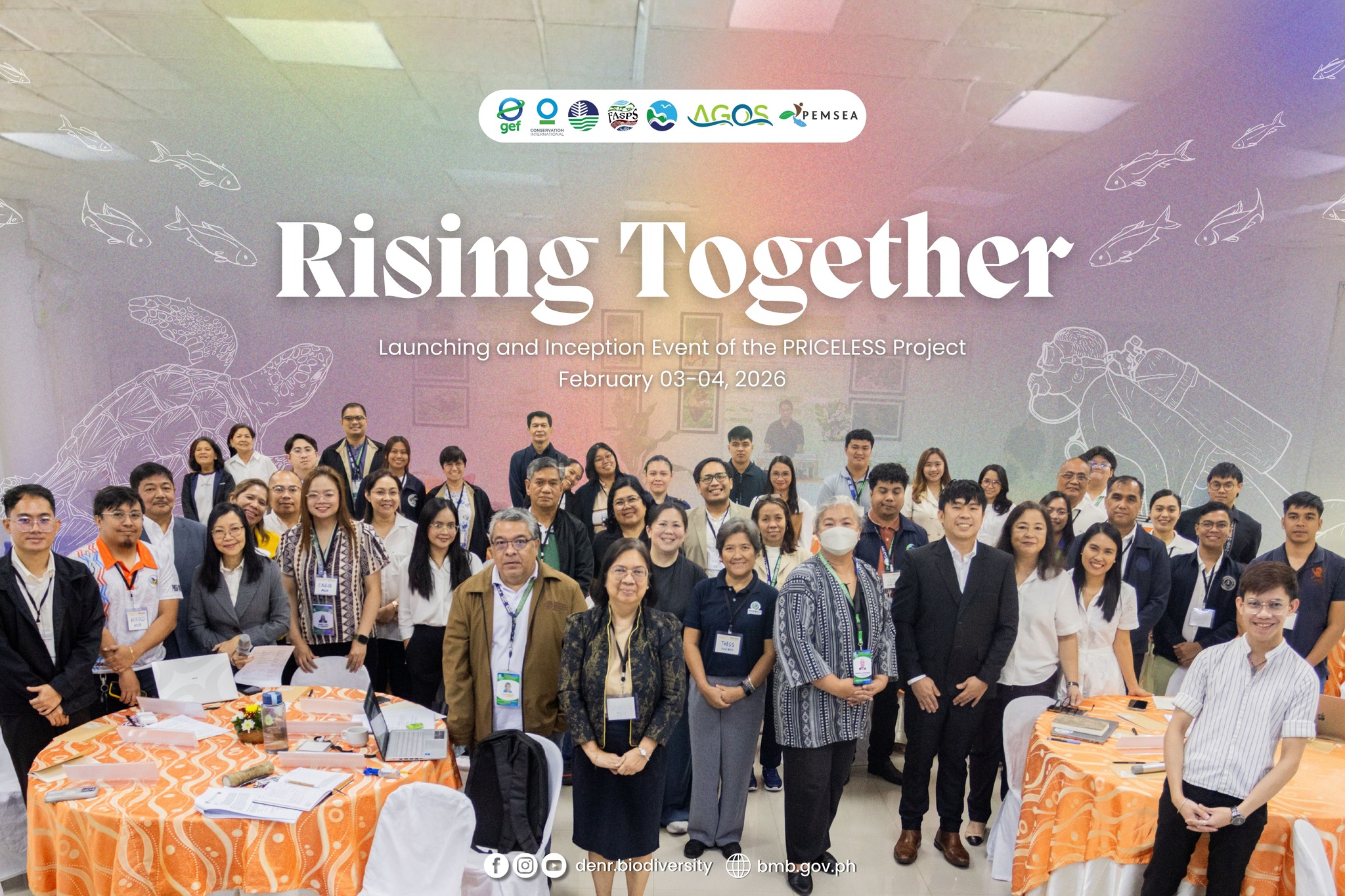PEMSEA continues development work through COVID-19 pandemic
Thursday, 27 August 2020

The impact of the COVID-19 pandemic has deeply affected sectors related to the ocean, with shipping disrupted by port closures and a drop in demand; fisheries disrupted by a lack of transportation options and market shrinkage and; tourism likely to see significant long-term drop as incoming travel in many cases drops by over 99%. The current situation however, has heightened awareness of the link between human health and ocean health, and provides opportunities for environmental actions and advocacy.
Similar to countries in other parts of the world, Partnerships in Environmental Management for the Seas of East Asia’s (PEMSEA) 11 partner countries —Cambodia, China, Indonesia, Japan, Lao PDR, Philippines, RO Korea, Singapore, Timor-Leste, Thailand and Viet Nam—have experienced a reduction in its pace of work due to the travel and mobility restrictions brought about by COVID-19.
Nonetheless, the work continues as current integrated coastal management (ICM) programs carry on even under strict social distancing measures. Among its strategic partners, PEMSEA’s international partnership and cooperation are strengthened online despite closed borders. Finally, PEMSEA considers the COVID-19 pandemic as a chance to reset and influence the future of the seas of East Asia.
SDS-SEA Implementation is slower, but not stopping
The calibrated execution of the Sustainable Development Strategy for the Seas of East Asia (SDS-SEA) Implementation Plan 2018-2022 also remains a top priority for PEMSEA. Cambodia, Indonesia, Lao PDR, Philippines, and Thailand have reported that their 1st quarter activities and technical targets were achieved until mid-March 2020. Due to COVID-19, the remaining activities under the SDS-SEA IP are still ongoing, albeit at a slower pace.
In China, local consultations and the conduct of the SDS-SEA/ICM scaling up workshop has been postponed to the last week of September. For the Philippines, online discussions on the proposed ICM legislative bill took place in July, while the conduct of the National ICM Forum will be held sometime in October.
In Timor-Leste, the National Ocean Policy review of the Council of Ministers was delayed due to a political crisis, resulting to an adjustment in the national work plan. For Viet Nam, despite the postponements of planned workshops and consultation meetings, the country has committed to submit its project deliverables by the end of August 2020.
All countries have also committed to doing their end-of-project forums by the 3rd or 4th quarter of this year. With support from Japan, RO Korea, Singapore, and other country and non-country partners, PEMSEA is also planning to update the SDS-SEA IP and develop a plan for 2023 onwards to better align to new international commitments such as the UN Decade of Ocean Science 2021-2030, the CBD post 2020 Biodiversity Framework and UN Sustainable Development Agenda 2030.
Other plans in the pipeline include: enhancing work on addressing the links of ocean health to ocean wealth to foster blue economies; developing a new generation of coastal managers through ICM review; broadening ICM application to river basin management, promoting integrated transport modalities, and preparing the ground work for the East Asian Seas (EAS) Congress in 2021.
PEMSEA’s post-pandemic strategy
COVID-19 has highlighted the need to address the causes of the global pandemic, which are the same as the drivers of climate change, biodiversity loss and habitat degradation and pollution.
PEMSEA’s post COVID-19 strategy includes working with partners to ensure that resources and investments are allocated to drive changes that take into account the links between human health and ecosystems health; promote low carbon energy transition; build resilient local government units (LGUs) and; invest in local waste management and recycling value chains.





